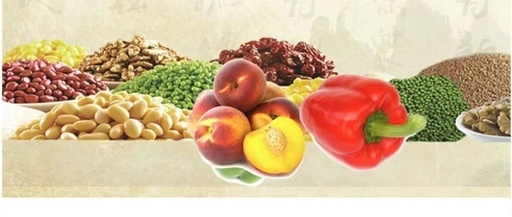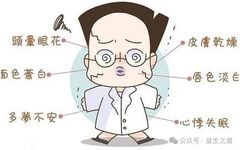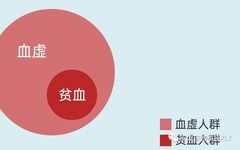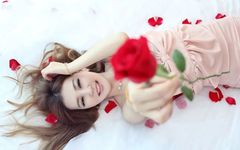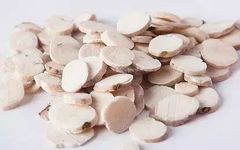Nourishing Health through Food Therapy
Always maintain a slight hunger. 🌿To prevent all diseases🌿 Xinxin Food Therapy Xinxin Food Therapy Editor | Xinxin Food TherapyImage | Internet. Thanks Miraculous Juice Anemia Say goodbye to anemia and embrace a rosy complexion❗Do you often feel tired, and when you stand up after squatting, do you see black spots? It might be anemia … Read more

